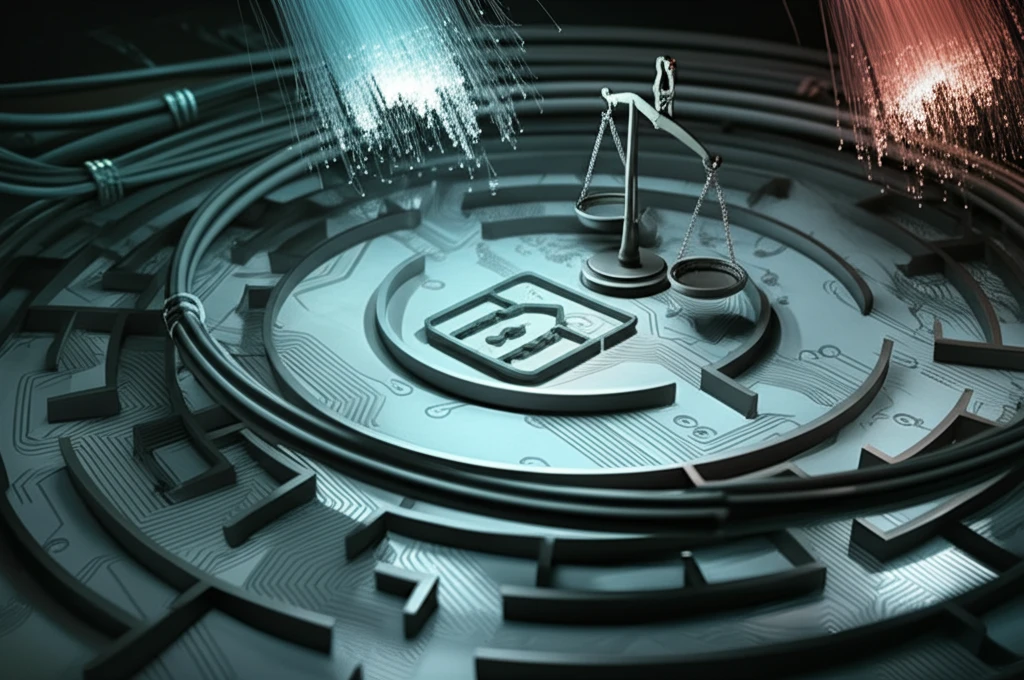
Decoding EU Security Research: Can Ethics Bridge the Gap Between Tech and Values?
"Exploring the role of ethics in EU security projects and whether it can align technological advancements with societal values and critical security studies."
In our rapidly evolving world, technology and scientific innovation are at the forefront of progress. Yet, the ethical implications of these advancements are increasingly debated in news and political arenas. Terms like 'ethical responsibility' are now commonplace, highlighting our growing awareness of the need to align technological progress with moral considerations.
Critical scholars emphasize that security is tied to contested values and shapes our relationships with nature, others, and ourselves. Therefore, ethical questions are crucial when examining the conditions and impacts of security, especially in research and development.
The European Union invests heavily in security research through its Framework Programmes, aiming to protect its citizens. However, security technologies can have negative repercussions on human rights and civil liberties. To address this, EU-funded research now incorporates applied ethics, analyzing the normative implications of project activities.
Putting Critique to Work: Ethics in EU Security Research

The integration of ethics into EU security research is seen as a way to provide normative guidance, recognizing the ambiguous nature of security and steering research in a desirable direction. Most importantly, it involves engaging stakeholders in security research, including policymakers, industry, technical researchers, and end-users. This engagement with diverse perspectives is essential for translating critique into practical action.
- Establishing dialogue with technical partners to raise awareness of ethical considerations.
- Providing input to technical components and processes to ensure ethical standards.
- Developing best practice guidelines for project components to promote ethical conduct.
- Creating evaluation schemes to assess and improve the ethical implications of project outcomes.
Navigating the Ethical Landscape of Security Research
The integration of ethics in EU security research offers both promises and challenges. It translates abstract ideas into concrete actions, connects with diverse communities, and fosters dialogue. However, it also faces organizational hurdles, conflicting agendas, and the risk of instrumentalization. Overcoming these challenges requires a commitment to openness, reflexivity, and ongoing debate. Only then can ethics truly bridge the gap between technological advancements and societal values, ensuring that security research serves the public good.
